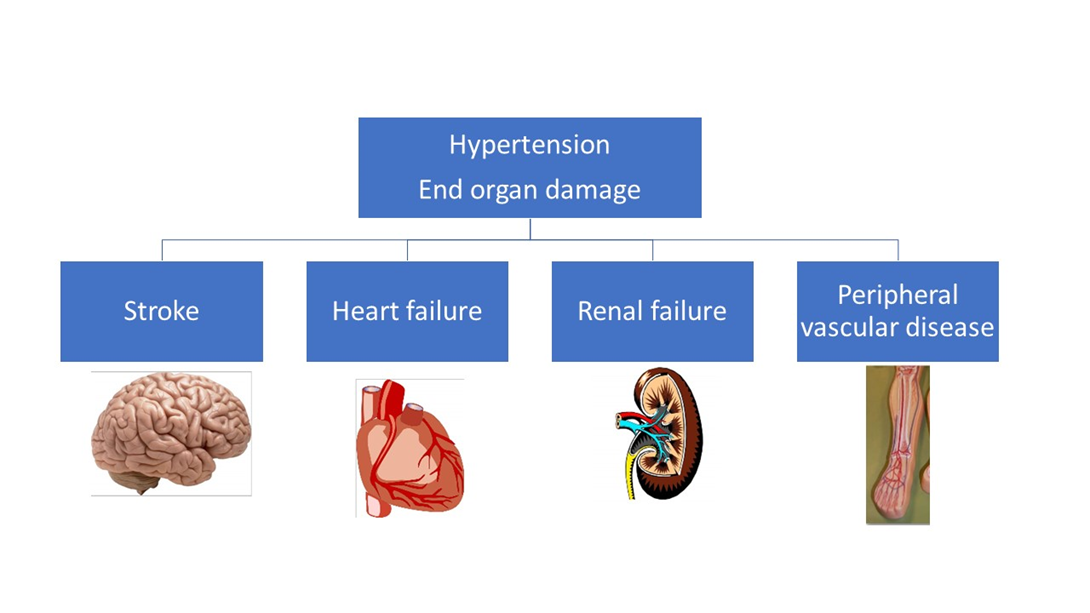Which of the following statements is true about analgesic medications for older adults?
Over-the-counter NSAIDs are generally harmless.
Stool softeners and laxatives should be used with opioids.
Opioids are less effective in older clients than in younger clients.
The dose limit for acetaminophen is difficult to reach for older adults.
None of the above.
The Correct Answer is B
Choice A reason: Over-the-counter NSAIDs are generally harmless is not a true statement, as NSAIDs can cause serious adverse effects in older adults, such as gastrointestinal bleeding, renal impairment, hypertension, and heart failure. NSAIDs should be used with caution and under medical supervision in older adults.
Choice B reason: Stool softeners and laxatives should be used with opioids is a true statement, as opioids can cause constipation in older adults, which can lead to discomfort, abdominal pain, fecal impaction, and bowel obstruction. Stool softeners and laxatives can help prevent and treat constipation and promote regular bowel movements.
Choice C reason: Opioids are less effective in older clients than in younger clients is not a true statement, as opioids can have the same or even greater analgesic effect in older adults, depending on the dose, route, and duration of administration. However, opioids can also cause more side effects in older adults, such as sedation, confusion, respiratory depression, and falls. Opioids should be used with caution and under medical supervision in older adults.
Choice D reason: The dose limit for acetaminophen is difficult to reach for older adults is not a true statement, as older adults may be more susceptible to acetaminophen toxicity, especially if they have liver disease, malnutrition, or chronic alcohol use. The dose limit for acetaminophen is 4 grams per day for adults, but it may be lower for older adults or those with risk factors. Acetaminophen should be used with caution and under medical supervision in older adults.
Nursing Test Bank
Naxlex Comprehensive Predictor Exams
Related Questions
Correct Answer is B
Explanation
Choice A reason: Scabies is a skin infestation caused by tiny mites that burrow into the skin and lay eggs. It causes intense itching and a pimple-like rash, usually in the folds of the skin, such as the armpits, groin, or between the fingers. Scabies is highly contagious and can spread through direct skin contact or shared clothing or bedding.
Choice B reason: Herpes zoster, also known as shingles, is a viral infection that affects the nerves and the skin. It causes a painful, blistering rash that usually appears on one side of the body or face. Herpes zoster is caused by the same virus that causes chickenpox, which can reactivate later in life, especially in older adults or people with weakened immune systems.
Choice C reason: Skin cancer is an abnormal growth of skin cells that can be caused by exposure to ultraviolet (UV) radiation from the sun or tanning beds. It can appear as a new or changing mole, a sore that does not heal, or a scaly or crusty patch of skin. Skin cancer can vary in appearance, size, shape, and color, depending on the type and stage of the cancer.
Choice D reason: Actinic keratosis is a precancerous skin condition that is caused by chronic sun damage. It appears as rough, scaly, or crusty spots on the skin, usually on the face, ears, scalp, or hands. Actinic keratosis can sometimes develop into squamous cell carcinoma, a type of skin cancer, if left untreated.
Correct Answer is ["B","C","D","E"]
Explanation
Choice A reason: Isolated systolic hypertension is not a result of end-organ damage from chronic hypertension, but rather a risk factor for it. Isolated systolic hypertension is a condition where the systolic blood pressure is elevated (>140 mmHg) while the diastolic blood pressure is normal (<90 mmHg). It is common in older adults due to the stiffening of the arteries, and can increase the risk of cardiovascular and cerebrovascular events.
Choice B reason: Atrial fibrillation is a result of end-organ damage from chronic hypertension. Atrial fibrillation is an irregular and often rapid heart rate that can cause poor blood flow and increase the risk of stroke and heart failure. Chronic hypertension can damage the heart muscle and the electrical system of the heart, leading to atrial fibrillation.
Choice C reason: Renal insufficiency is a result of end-organ damage from chronic hypertension. Renal insufficiency is a condition where the kidneys are unable to filter waste and fluid from the blood adequately. Chronic hypertension can damage the blood vessels and the nephrons of the kidneys, leading to renal insufficiency.
Choice D reason: Stroke is a result of end-organ damage from chronic hypertension. Stroke is a sudden interruption of blood supply to the brain, causing brain cell death and neurological deficits. Chronic hypertension can damage the blood vessels in the brain, making them prone to rupture (hemorrhagic stroke) or blockage (ischemic stroke).
Choice E reason: Cardiac disease is a result of end-organ damage from chronic hypertension. Cardiac disease is a broad term that encompasses various disorders of the heart, such as coronary artery disease, heart attack, heart failure, and cardiomyopathy. Chronic hypertension can damage the heart by increasing the workload and the oxygen demand of the heart, causing the heart to enlarge and weaken over time.

Whether you are a student looking to ace your exams or a practicing nurse seeking to enhance your expertise , our nursing education contents will empower you with the confidence and competence to make a difference in the lives of patients and become a respected leader in the healthcare field.
Visit Naxlex, invest in your future and unlock endless possibilities with our unparalleled nursing education contents today
Report Wrong Answer on the Current Question
Do you disagree with the answer? If yes, what is your expected answer? Explain.
Kindly be descriptive with the issue you are facing.
